
Blog: www.global-developments.org
Personal: www.oliverwkim.com
Our data lets us test this: we see the state's firm-level export targets, set before contracts were awarded.
Targets didn't rise before the contract, but realized exports did—ruling out selection on expected growth.

Our data lets us test this: we see the state's firm-level export targets, set before contracts were awarded.
Targets didn't rise before the contract, but realized exports did—ruling out selection on expected growth.
Contracting firms also responded more strongly to 🇰🇷's 1970s HCI drive, showing contracts + industrial policy were complementary.

Contracting firms also responded more strongly to 🇰🇷's 1970s HCI drive, showing contracts + industrial policy were complementary.
The causal impact of winning a contract? Massive.
We find it caused a 46 pct point jump in the firm's likelihood of exporting, and a tripling of export value.

The causal impact of winning a contract? Massive.
We find it caused a 46 pct point jump in the firm's likelihood of exporting, and a tripling of export value.
These contracts summed to $766m, peaking at 2.9% of Korea's GDP in 1968—rivaling the Marshall Plan.

These contracts summed to $766m, peaking at 2.9% of Korea's GDP in 1968—rivaling the Marshall Plan.
My new paper w @philippbarteska, @straightedge, @seung_econ explores a major overlooked factor: U.S. military procurement during the Vietnam War.
We bring new evidence to the Q of how geopolitics shapes development. 🧵:

My new paper w @philippbarteska, @straightedge, @seung_econ explores a major overlooked factor: U.S. military procurement during the Vietnam War.
We bring new evidence to the Q of how geopolitics shapes development. 🧵:
www.global-developments.org/p/a-world-w...
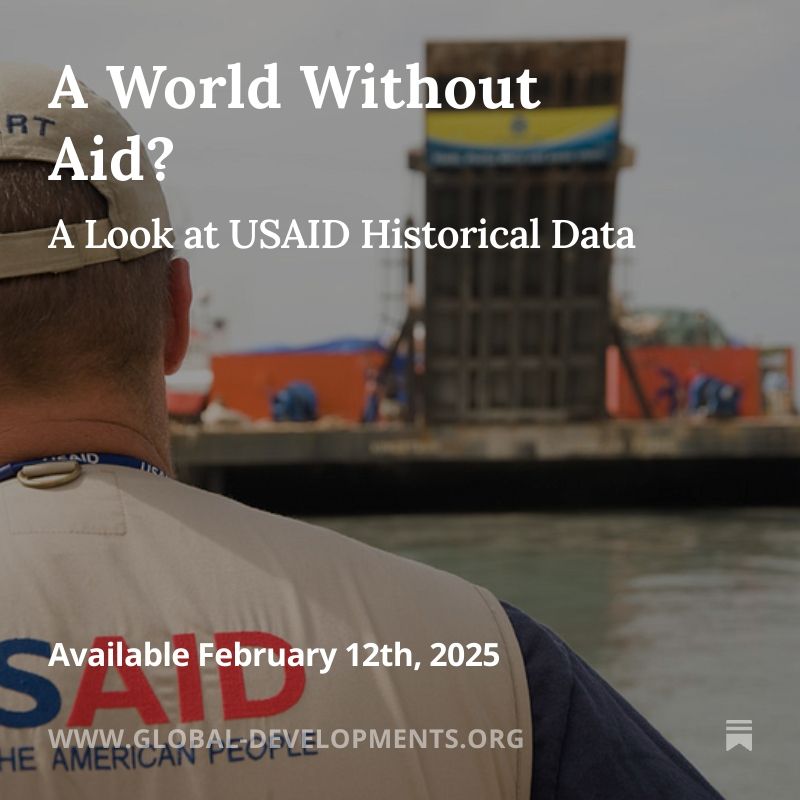
www.global-developments.org/p/a-world-w...
Roughly $5 of that goes to PEPFAR, one of the most effective public health interventions we know of.
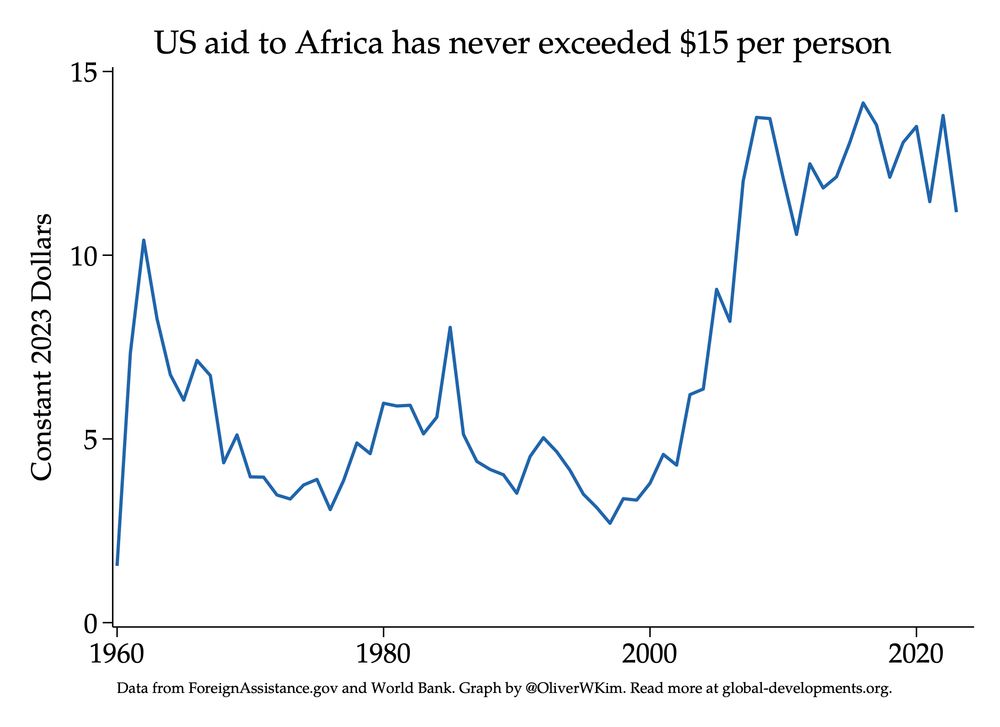
Roughly $5 of that goes to PEPFAR, one of the most effective public health interventions we know of.
Some of this aid supported the Joint Committee on Rural Reconstruction, which oversaw the famous 1950s land reform, and also crucial work on ag extension.
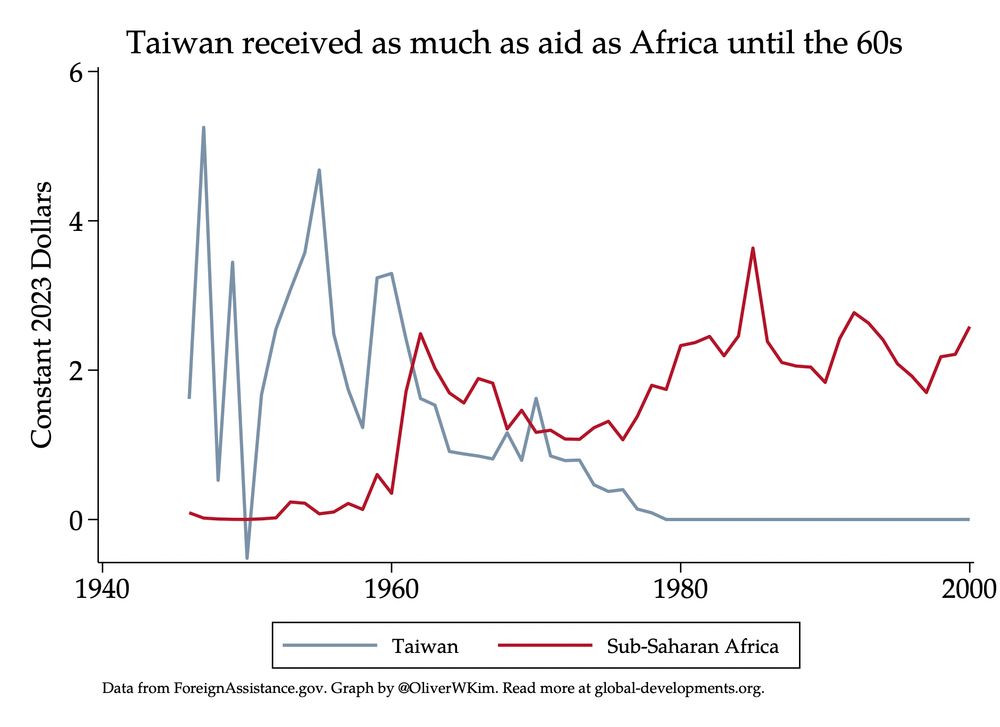
Some of this aid supported the Joint Committee on Rural Reconstruction, which oversaw the famous 1950s land reform, and also crucial work on ag extension.
One crazy fact is that South Korea received more aid than all of Sub-Saharan Africa combined, well into the 1970s. An under-appreciated feature of the East Asian Miracle!
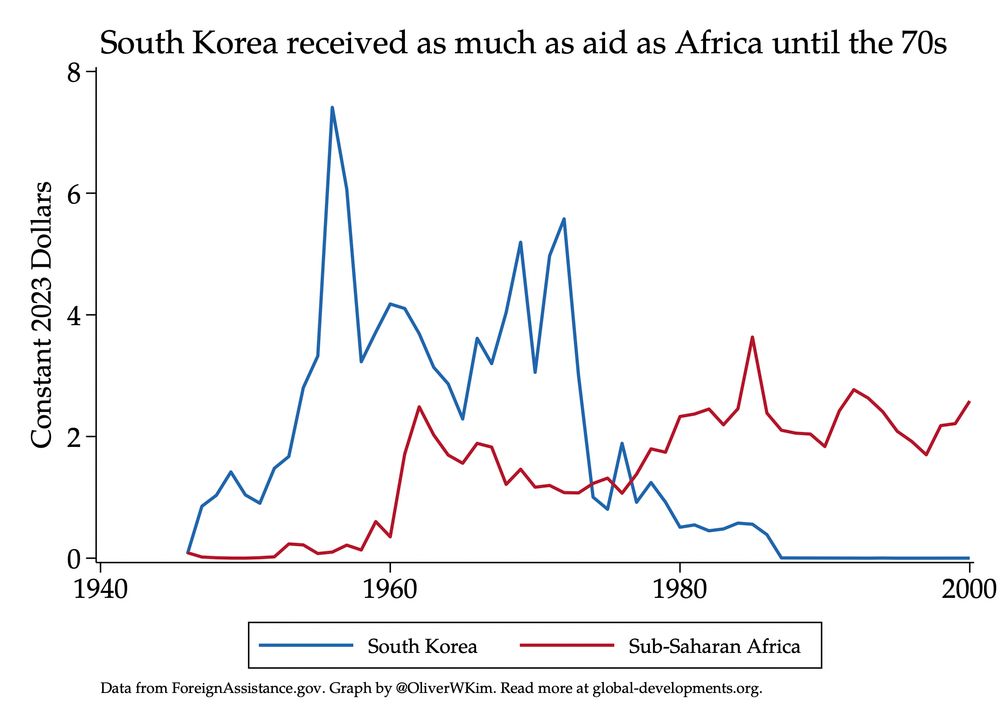
One crazy fact is that South Korea received more aid than all of Sub-Saharan Africa combined, well into the 1970s. An under-appreciated feature of the East Asian Miracle!
US aid obligations have remained remarkably steady in real terms since WWII, rarely exiting a band of $20-60 billion in 2023 dollars. Surprisingly, the year with the most aid obligations was... 1948!
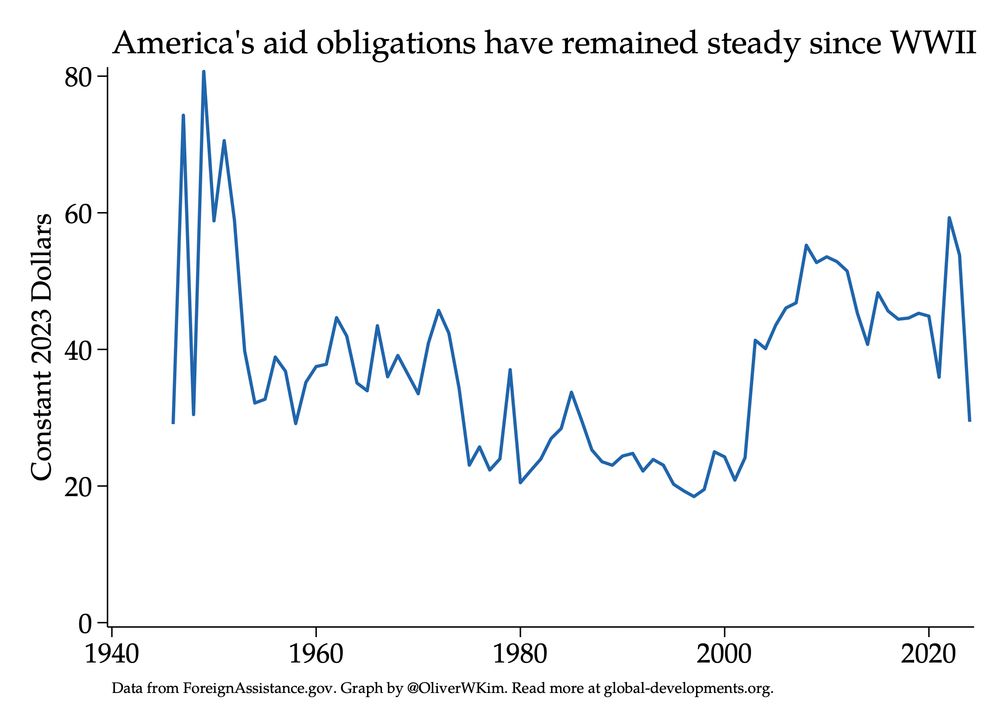
US aid obligations have remained remarkably steady in real terms since WWII, rarely exiting a band of $20-60 billion in 2023 dollars. Surprisingly, the year with the most aid obligations was... 1948!
"The Koreans are a fearsome people. When they riot, they are as organized and nearly as disciplined as the riot police who confront them... When their workers and students fight in the streets... they look like soldiers at war."

"The Koreans are a fearsome people. When they riot, they are as organized and nearly as disciplined as the riot police who confront them... When their workers and students fight in the streets... they look like soldiers at war."
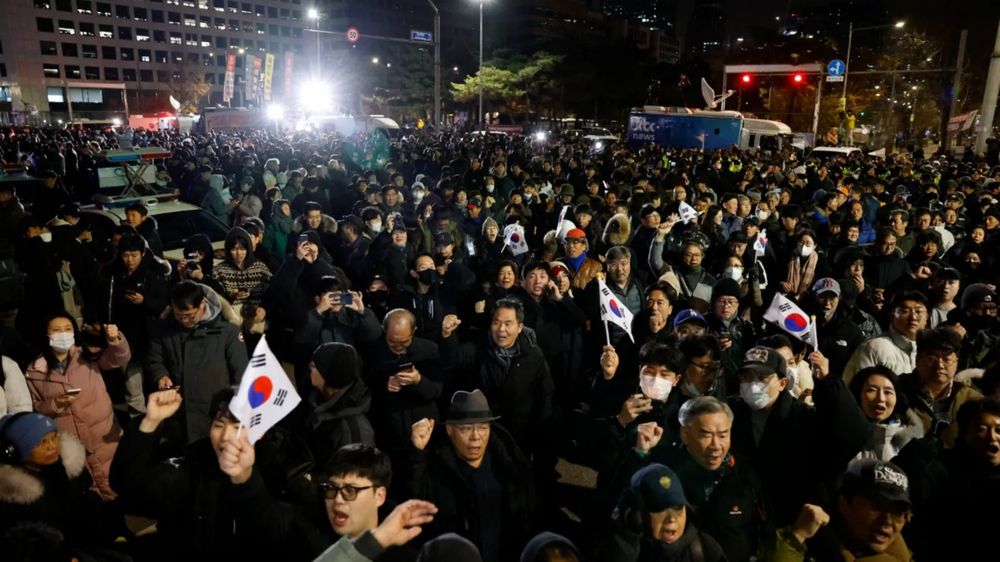


Joe Biden once quipped in 2014 that LaGuardia was like a "Third World country"; the MSA served by LaGuardia has a higher GDP than all of Sub Saharan Africa.
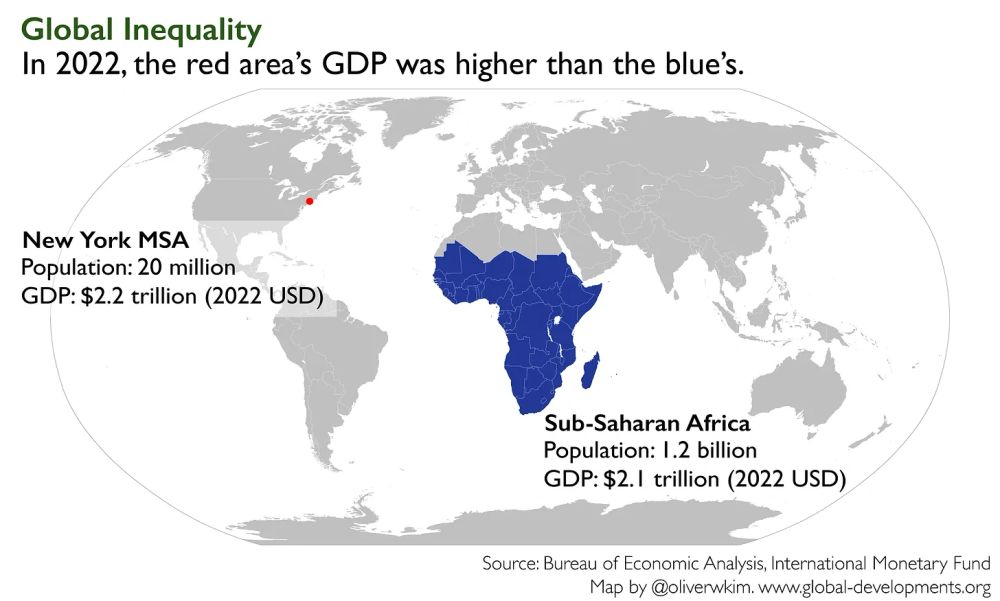
Joe Biden once quipped in 2014 that LaGuardia was like a "Third World country"; the MSA served by LaGuardia has a higher GDP than all of Sub Saharan Africa.
"Third World", invented by French demographer Alfred Sauvy, was dominant for most of the century. "Global South"—coined by SDS President Carl Oglesby—and "BRICS"—derived from a Goldman Sachs research report—are its two new competitors.
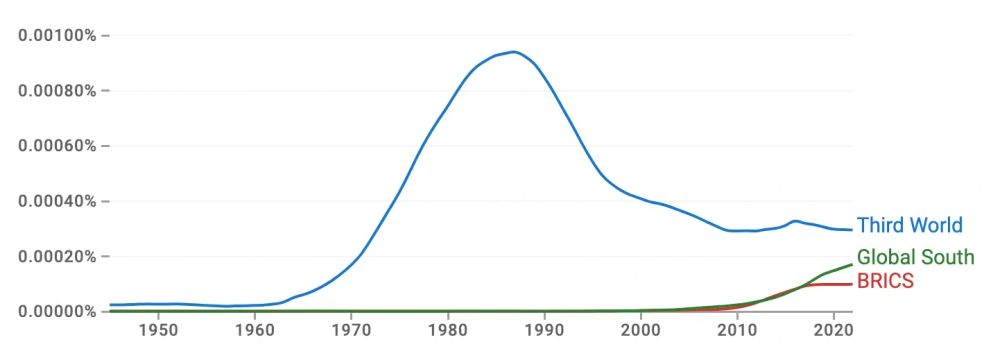
"Third World", invented by French demographer Alfred Sauvy, was dominant for most of the century. "Global South"—coined by SDS President Carl Oglesby—and "BRICS"—derived from a Goldman Sachs research report—are its two new competitors.
In the optimistic 60s, "developing country" took over—even as development in Africa + LatAm stalled in the 70s-80s.
China's rise in the 90s saw the emergence of "emerging markets"—before those disappointed too
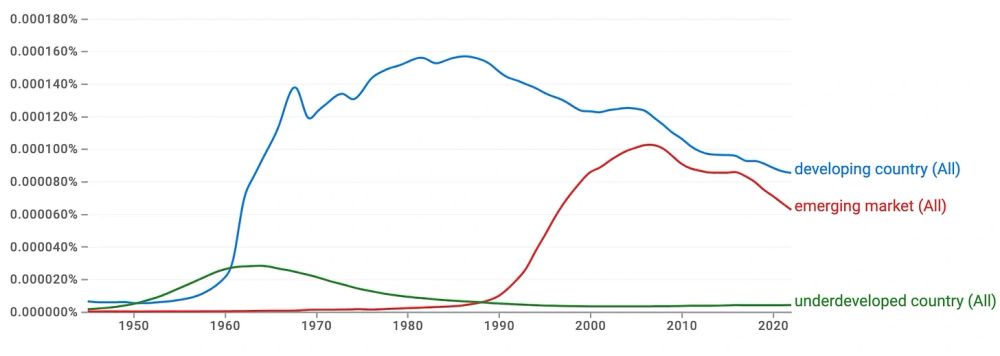
In the optimistic 60s, "developing country" took over—even as development in Africa + LatAm stalled in the 70s-80s.
China's rise in the 90s saw the emergence of "emerging markets"—before those disappointed too
A potted history (and Global Dev post) on our changing words for poverty—the rhetoric of underdevelopment:

A potted history (and Global Dev post) on our changing words for poverty—the rhetoric of underdevelopment:
One good step would be publishing margins of error—thought to be at least 3%!!—alongside GDP growth estimates.
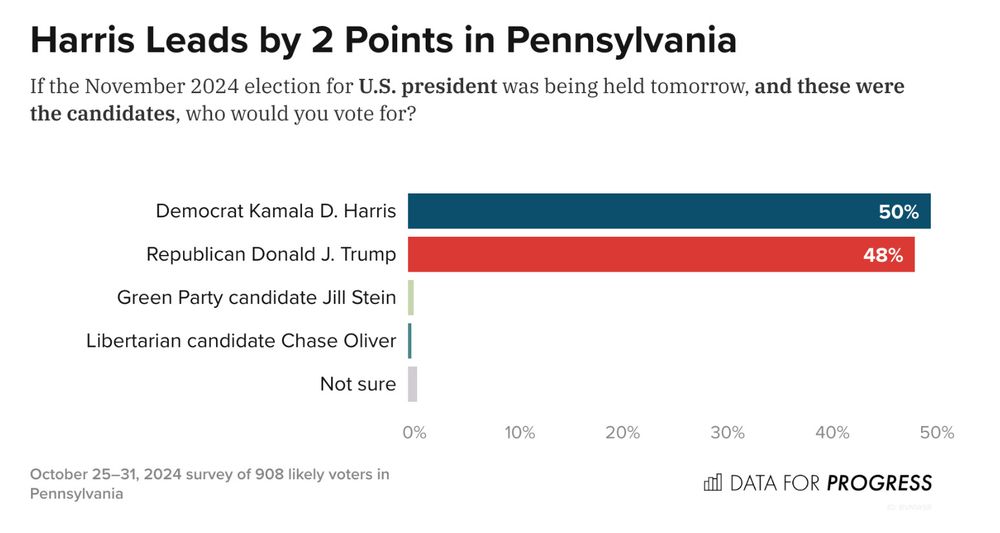
One good step would be publishing margins of error—thought to be at least 3%!!—alongside GDP growth estimates.
We simply do not know how many people live in what we think is Africa's largest country.
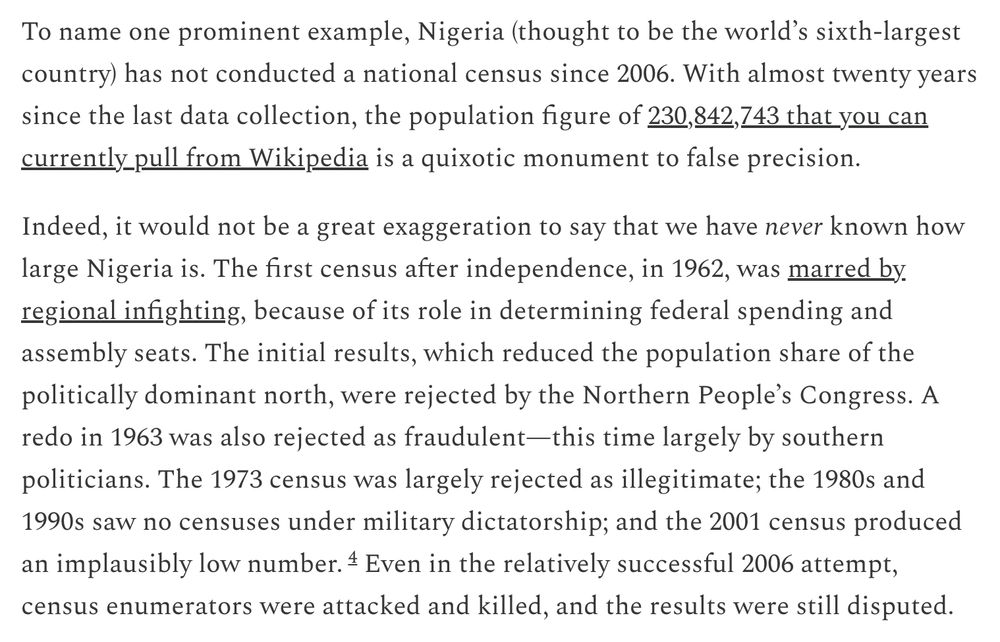
We simply do not know how many people live in what we think is Africa's largest country.
In Zambia in 2010, the national accounts were prepared by one (1!) person.

In Zambia in 2010, the national accounts were prepared by one (1!) person.
Only problem? It's likely a statistical artifact.
As state control receded in the 80s, the invisible informal economy grew—leading to underestimates of GDP by 30-200%!

Only problem? It's likely a statistical artifact.
As state control receded in the 80s, the invisible informal economy grew—leading to underestimates of GDP by 30-200%!
(Chart from Data for India)

(Chart from Data for India)




